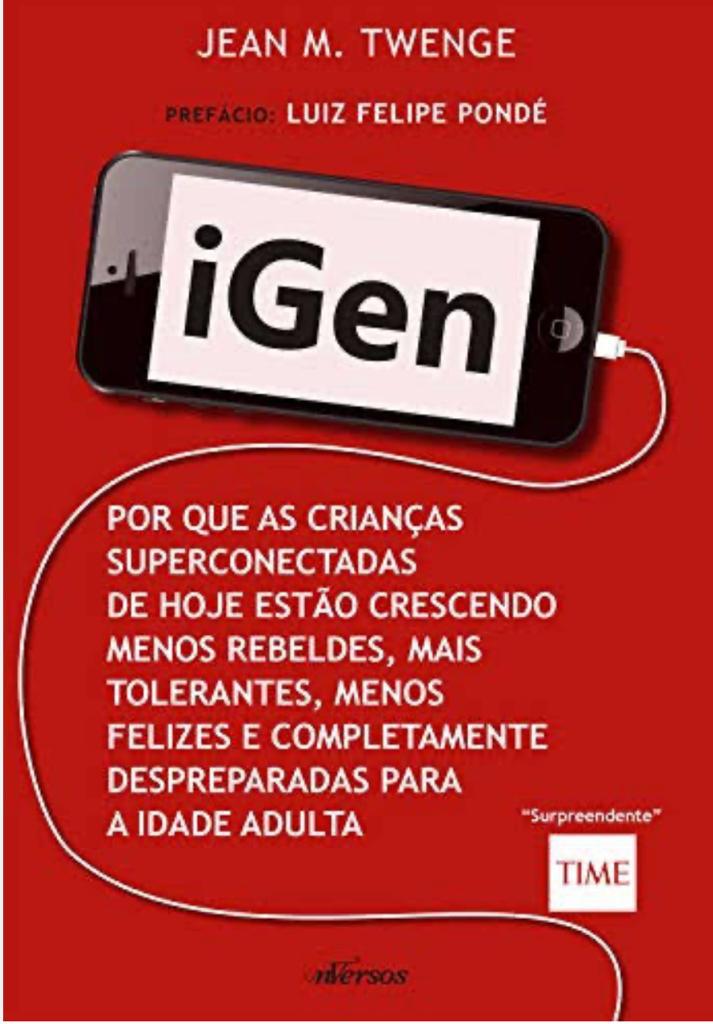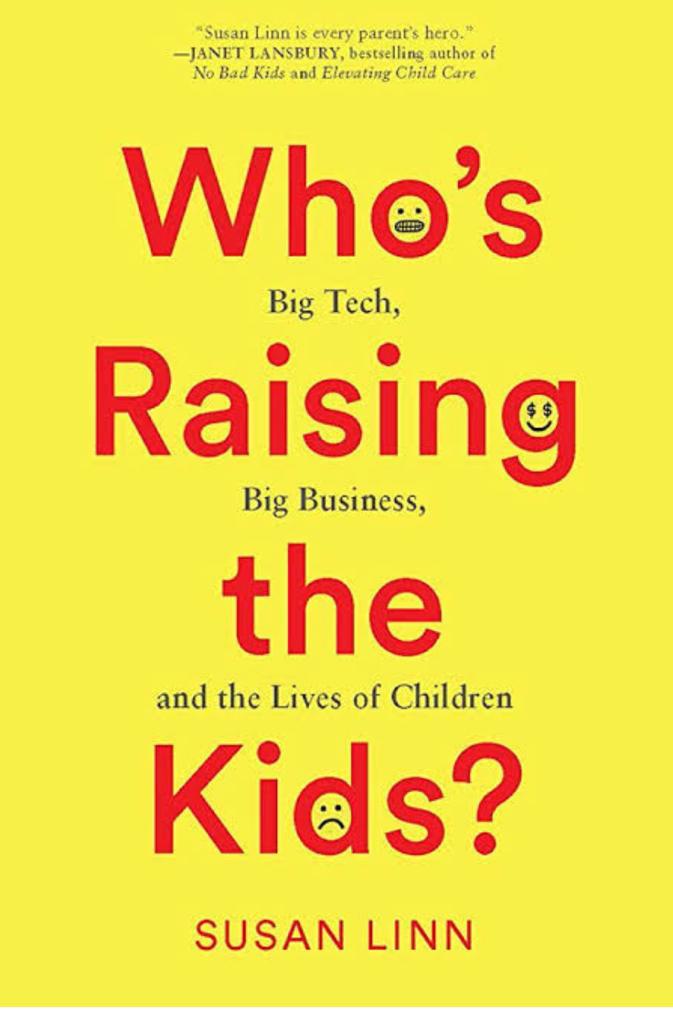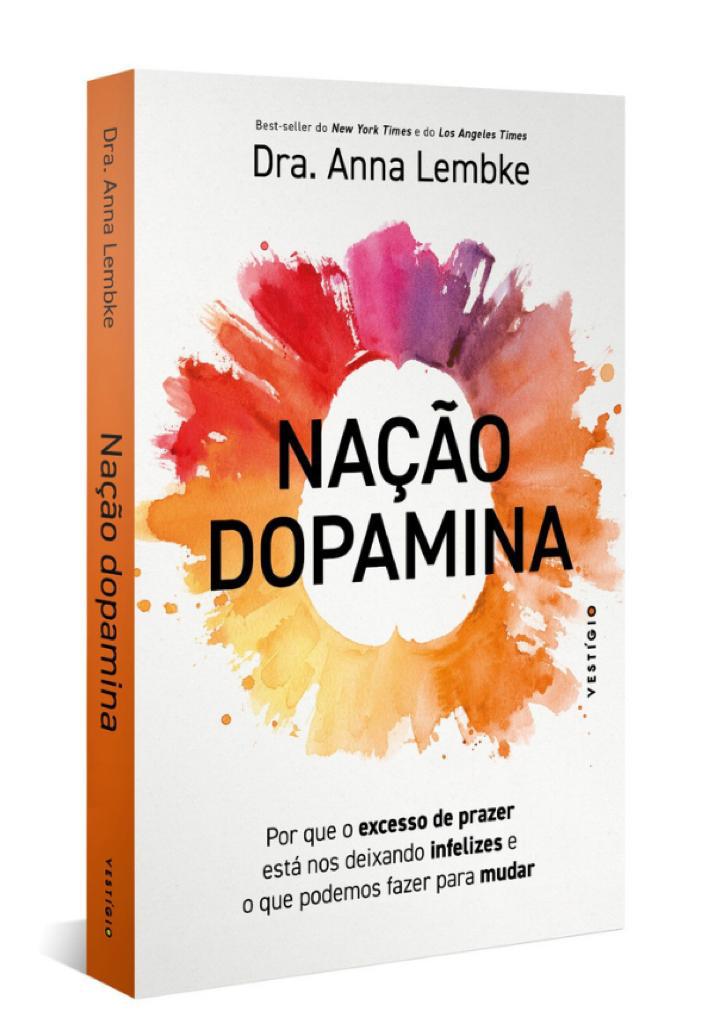This discussion is not old, at least in the academic environment. And amid discussions in Brazil of a law to regulate Big Techs and their powerful platforms to “integrate” society in the virtual environment, this debate gains even more relevance.
ADVERTISING
Felipe neto brings to the spotlight something that researchers have been warning about since at least 2010: aeexposure to this autoplay looping he can:
- addict;
- cause depression and anxiety;
- collect personal data without “real” – and conscious – consent;
- bring problems to data security and surveillance of your actions;
- have enormous potential for radicalization and polarization of society.
Here are some sources used in the article:

iGen: Why today's children are growing up less rebellious, more tolerant, less happy and completely unprepared for adulthood - book by Jean M. Twenge
- O Wall Street Journal revealed internal memos from Meta (the company that owns Facebook): “32% of female teens said that when they felt bad about their bodies, Instagram made them feel worse. Among teenagers who recorded suicidal thoughts, 13% of British users associated the desire to kill themselves with Instagram.”.

Who's Raising the Kids?: Big Tech, Big Business, and the Lives of Children – book by the psychologist Susan Linn : “Technologies are problematic when they prioritize profits over the health and well-being of individuals and society. However, no independent analysis of the potential harms and benefits of technological products is required before they go to market.”

Dopamine Nation: Why Too Much Pleasure Is Making Us Unhappy and What We Can Do to Change Dr. Anna Lembke : “Scientists consider dopamine as a kind of universal currency for evaluating the addictive (addictive) potential of any substance. The more dopamine in the brain’s reward system, the more addictive the experience.”.
- There is also the case of Cambridge Analytica, which was used by Meta and is being investigated for manipulation in Donald Trump's elections in the USA: Cambridge Analytica pleads guilty in case of using Facebook data (g1)
Read also
Receive news and newsletters do Curto News by Telegram e WhatsApp.






